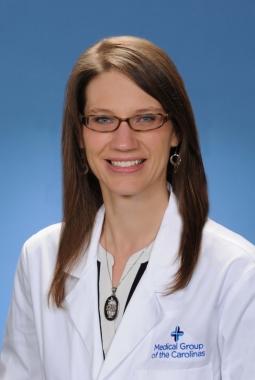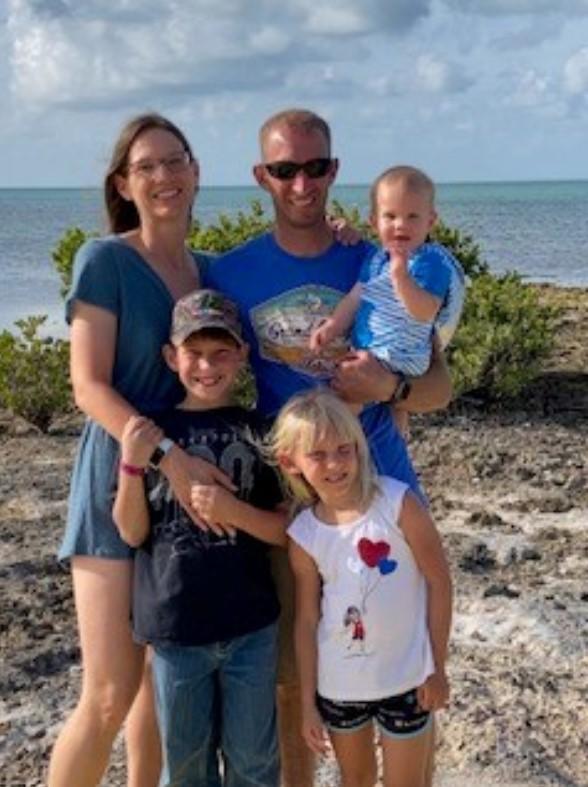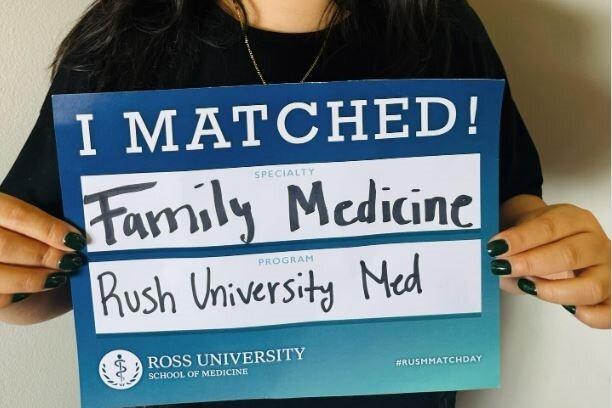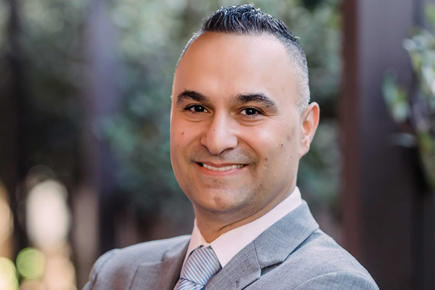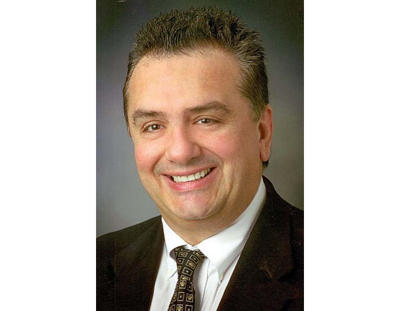While many medical students dream of earning their medical degree and going on to serve big cities, Ross University School of Medicine (RUSM) alumna Kristi Ford-Scales, MD ’10, a family medicine physician and hospice center medical director, always knew she wanted to go back to South Carolina and serve her small hometown. A self-proclaimed unicorn, Dr. Ford-Scales recognizes that her strong desire to attend a Caribbean medical school, practice in a rural town, and work in hospice is not typical of many doctors.
Originally opting to serve in the US Peace Corps, Dr. Ford-Scales searched for an opportunity to live in a foreign country, study medicine, and live among a diverse group of people — a combination of interests that she says Ross Med perfectly married. “I wanted to go to Ross Med; I picked Ross Med. It was my only choice for medical school. I was very honored to go there.”
During her time at RUSM, Dr. Ford-Scales trained at several clinical sites in urban areas and experienced “big-city” type of medical care. However, she said there was one big differentiating factor that lured her to rural areas — patient population. “In a smaller rural town — with the patient population you are dealing with — you are going to have a lot of continuity of patients.” This allowed her to form a unique patient-physician relationship that could extend through friends and family to create a tailored form of medical care. “A lot of the times, you cannot control the environment around you, but you sure can control that patient-doctor relationship and make a difference.”
Dr. Ford-Scales also could not help but notice the gap in medical care. Communities in well-established hospitals had more resources, and those in less fortunate neighborhoods were underequipped. “I started to realize there was a divide, a gap in medical offerings across Americans. A lot of it is dependent on where you live, and your financial status and I hated that. It’s not just and not something you would think is happening.” This fueled Dr. Ford-Scales to make a difference for those back at home. “No matter what I have around me, no matter what neighborhood I’m in, no matter where I’m at, I’m going to give the best care I can give with my two hands and my medical brain that Ross Med trained.”
Her work as Spartanburg Regional Hospice Center’s medical director allows her to honor that mission. While she treats extremely ill patients — those with less than six months to live — her goal is to provide the best care possible to enrich their remaining days. “Hospice’s focus is on quality of life, not quantity. My job is purely to make them comfortable and have a good day. To be able to do this in a hospice that serves my community, my family, and help them have the best day they can is my dream job. If you get to go to work every day and just make people’s lives better, is that not just the best job ever?”
Dr. Ford-Scales hopes to expand her impact on the community with her newly proposed expansion of bereavement services. After seeing the tsunami of grief that came over her town during COVID-19’s peak late last year, Dr. Ford-Scales requested an expansion of grief counseling and support groups for the hospital’s staff and families, a plan expected to become a reality in the next year. “If this could be my lasting legacy in the organization, I would just be tickled.”

